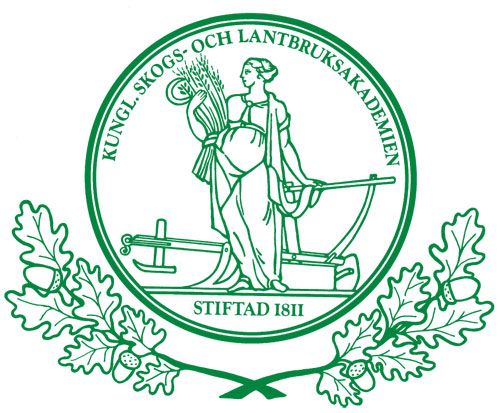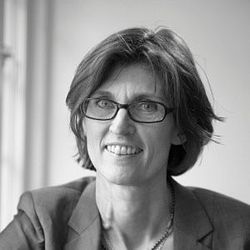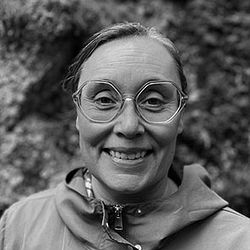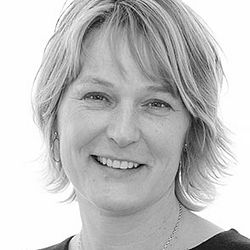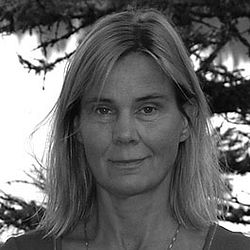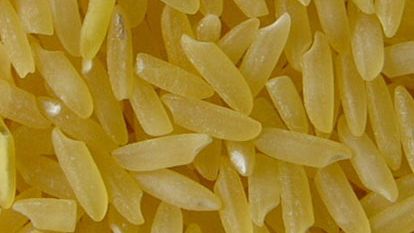
Pressmeddelande -
Sustainable agriculture – does it need modern biotech?
In the future, sustainable agricultural production systems must increase productivity, reduce its ecological footprint and its use of resources, while meeting demands on food supply, nutrient intake, biodiversity and industrial/bio-energy feedstocks. Science is offering plant biotechnology as one of the instruments in the toolbox providing solutions to these seemingly contradicting requirements.
Modern biotech is sometimes seen as opposite to sustainable agriculture. In Europe there is a strong resistance towards cultivation of genetically modified crops and there is a very complicated system of regulations and restrictions concerning them. Rules for organic farming include a sharp borderline to the use of genetically modified crops. At this seminar we want to challenge the conventional European view of plant biotech and address these issues from an opposite angle.
Pamela C. Ronald and Raoul W. Adamchak are the authors of ‘Tomorrow’s Table’, a book that has attracted much attention over the last years. Pamela Ronald is Professor of Plant Pathology and a geneticist; Raoul Adamchak is the manager of the certified Organic Market Garden at the Student Farm, both at University of California Davis. The two of them are also happily married to each other. In their book, the authors discuss how research and development on plant biotech and organic farming can profit from each other. They also present examples that show how modern science in the biotech field can be intertwined with high ambitions for environmentally friendly and resource lean production systems that also meet with ethical considerations.
The Royal Swedish Academy of Agriculture and Forestry (KSLA), The Royal Swedish Academy of Engineering Sciences (IVA), and the Swedish Seed Association now invite all interested to an open seminar where “Tomorrow’s Table” is presented by the authors and commented by Swedish stakeholders and policy makers in the fields of plant biotech, agriculture, food and environment.
Thursday, August 30, 09.30–16.00, at KSLA, Drottninggatan 95 B, Stockholm. Free of charge.
Welcome!
Ämnen
Kategorier
Regioner
Kungl. Skogs och Lantbruksakademiens uppgift är att med stöd av vetenskap och praktisk erfarenhet till samhällets gagn främja jordbruk och skogsbruk samt därmed knuten verksamhet.
